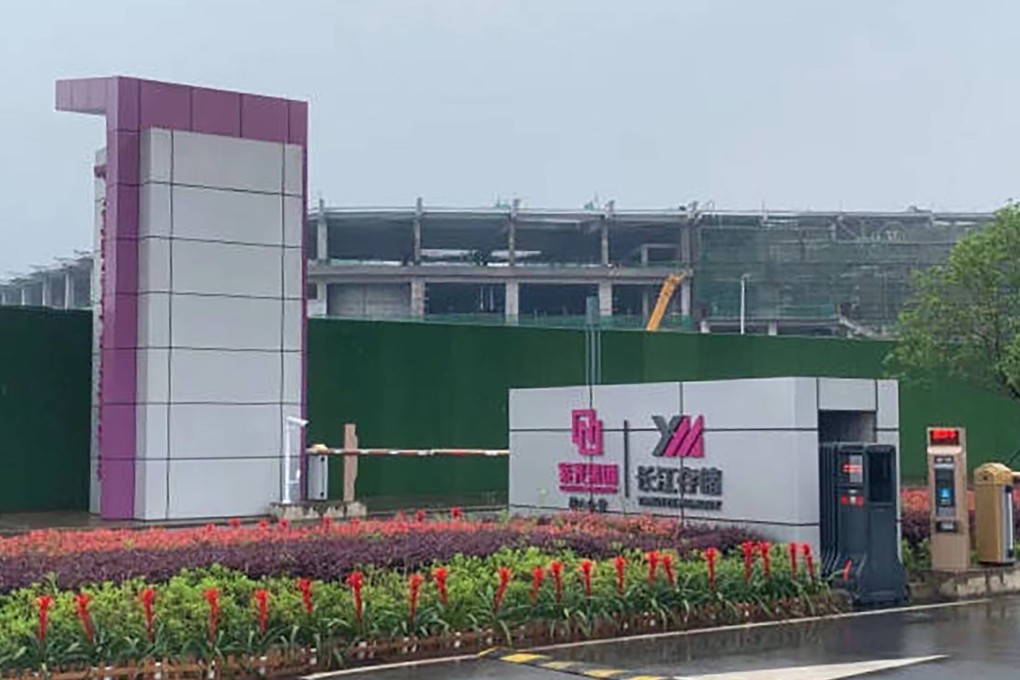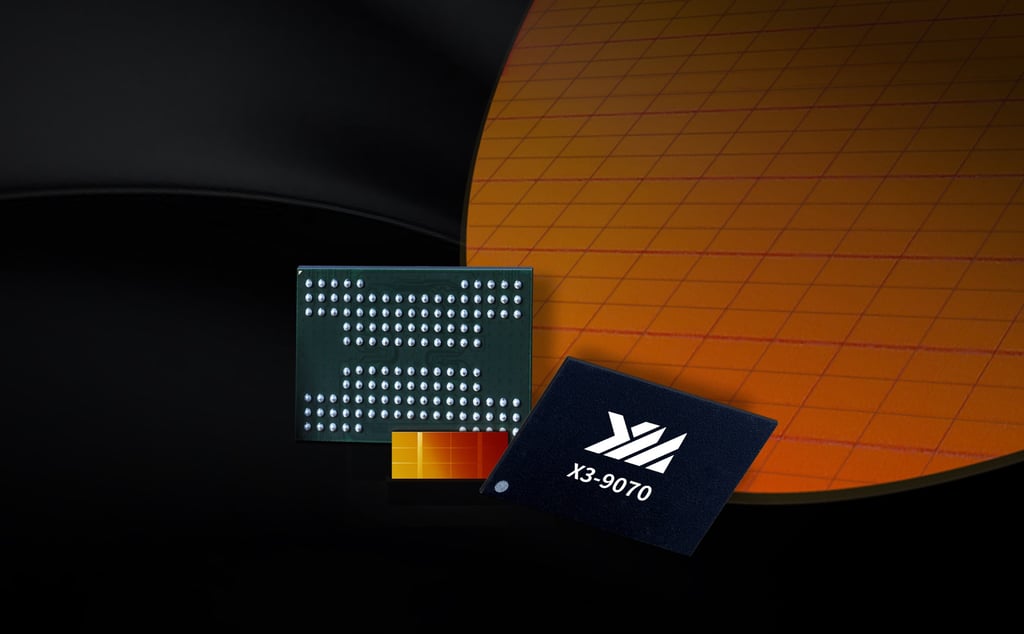US to add more than 30 Chinese companies, including Yangtze Memory, to trade blacklist
- The US Commerce Department will add China’s leading maker of memory chips and the others to the so-called Entity List as early as this week
- US officials imposed the latest restrictions by explaining they are necessary to stop China from becoming more of an economic and military menace

The Biden administration plans to put Yangtze Memory Technologies Co and more than 30 other Chinese companies on a trade blacklist that would prevent them from buying certain American components, deepening tensions between the world’s two economic superpowers.
The US Commerce Department will add China’s leading maker of memory chips and the others to the so-called Entity List as early as this week, according to a person familiar with deliberations who asked not to be named discussing a sensitive matter. Companies on the Entity List are blocked from buying technology from US suppliers unless they get a special export license from Commerce.
A representative for Yangtze Memory declined to comment.
The move would represent the latest escalation in the US-China conflict over technology. The Biden administration unveiled a sweeping set of restrictions on China’s ability to buy semiconductors and chip-making equipment in October, putting Yangtze Memory and other companies on a list for further scrutiny at the time.
At the time, the US Commerce Department added 31 organisations including Yangtze Memory to what’s known as the Unverified List, which means American authorities are not able to prove that those companies are not supporting the Chinese military. That set in motion a 60-day countdown during which the companies would have to prove their businesses were not involved in activities that jeopardised US national security.
The Chinese government had appeared to be cooperating with US authorities to prevent Yangtze Memory and other firms from being added to the Entity List. That involved China’s Ministry of Commerce helping domestic companies through end-use checks required by the US, including disclosures about products and operations.

Based in the central Chinese city of Wuhan, Yangtze Memory is the country’s largest 3D NAND semiconductor maker, producing memory chips that go into smartphones and other computing devices in competition with the likes of Samsung Electronics. The firm had been in talks to supply Apple, which would have marked a significant step for China’s tech industry, but that has since been put on hold.